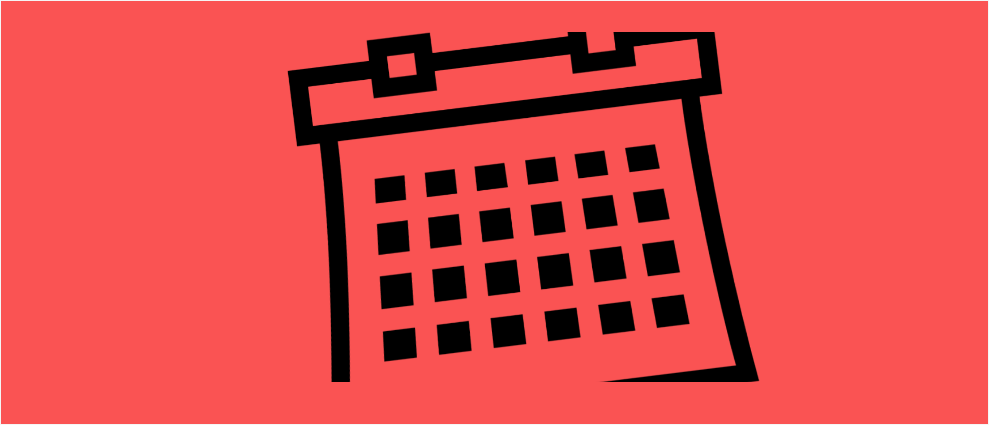
New Releases
Public Comment on the HDSAI Interpretation Document: November 5 – December 12, 2020
The suggested revisions to the HDSAI Interpretation Document are open for public comment until December 12, 2020. The proposed revisions were drafted by an Accreditation Standards Workgroup, with input from subject matter experts, who have been diligently working for over six months to review all activities in the HDSAI Interpretation Document.
We encourage all AACs to engage their accreditation team members to provide feedback in their area of expertise. Respondents have the opportunity to provide feedback based on topic area and can select to provide feedback on as many or as few activities as they would like. We realize it is a very busy time and people may only be able to respond to a couple of activities – that is okay! No amount of feedback is too little (i.e., it is not all or nothing, feel free to provide feedback on only those activities that you or others feel strongly about). All of the feedback that we receive will be incredibly helpful.
Learn more about the public comment period. Provide feedback.
2020 Webinar Series
The NCLHD Accreditation Program is offering a free monthly webinar series through June 2021. The next webinar, More Tools for your Superhero Utility Belt, will be held December 8th from 10—11:30 a.m. Free tools like Tableau Public, Canva and Jamboard provide new opportunities to communicate with staff, partners and communities. This webinar will introduce these three tools, share how they can be beneficial to Accreditation, provide a brief orientation to getting started and provide space to discuss questions and lessons learned with one another. There is no cost to attend, but registration is required.
The recording of the November 5 , The Accreditation Origin Story, is posted on our website. Information about upcoming webinars is posted on the Webinar Series page of our website.
Accreditation in Action
Registration is now open for the 2021 NCLHD Accreditation Annual Update Webinar
Every January an update webinar is held to share NCLHDA Program updates for the coming year. The 2021 webinar will be held January 21 from 9—11 a.m. All local health departments are encouraged to have at least one accreditation team member join the webinar. This year will provide an overview of the rollout of revision to the HDSAI Interpretation Document. There is no cost to attend, however, registration is required.

Key Dates
More Tools for Your Superhero Utility Belt – December 8 from 10 – 11:30 a.m. Webinar. Free tools like Tableau Public, Canva and Jamboard provide new opportunities to communicate with staff, partners and communities. This webinar will introduce these three tools, share how they can be beneficial to Accreditation, provide a brief orientation to getting started and provide space to discuss questions and lessons learned with one another. There is no cost to attend, however, registration is required.
Annual Update Webinar – January 21- 9 – 11 a.m. Webinar. Every January an update webinar is held to share NCLHDA Program updates for the coming year. All local health departments are encouraged to have at least one accreditation team member join the webinar. This year will provide an overview of the rollout of revision to the HDSAI Interpretation Document. There is no cost to attend, however, registration is required.

Tips and Tricks for Accreditation Success: Stories From the Field
Analyze, Note and Communicate Reportable Events
The Epi Team for Haywood County Health and Human Services Public Health Division distributes a quarterly “EpiGram” to community partners, board members, and surveillance participants. Each issue provides information and education by showcasing a specific communicable disease. Each EpiGram also provides a one-sheet reference page listing all the reportable diseases and reporting requirements, notification protocol, and reporting contacts. After-hours contact information is also provided in the EpiGram, as well as communicable disease incidents and trends in Haywood County. Health Director Patrick Johnson got the idea from a similar document in practice at a health department that he toured in Spokane, Washington.
“The EpiGram helps to increase understanding of the importance of surveillance reporting and establish accountability for all involved,” states Johnson. “The providers are expected to report to us; this is a way for us to report back to them.”
The EpiGram has been used as part of the evidence for Activity 2.4 (annual CD reports to the Board of Health). Distribution of the EpiGram provides evidence for Activity 4.1 (communication with surveillance participants), Activity 5.1 (current after-hours call list and evidence of distribution and education of partners to the most current notification protocol) and, depending on the topic, Activity 5.2 (dissemination of alerts by multiple methods).
For more information, contact: Amy Stevens, amy.stevens@haywoodcountync.gov
We Want to Hear from You!
Share your tips and tricks for accreditation success with other local health departments across the state. If you have a tip or trick that you would like to share, send a summary- no more than 500 words- including the activity addressed and any lessons learned. Please send your submission to NCLHDaccreditation@unc.edu. Stories will be shared via these monthly highlights.

